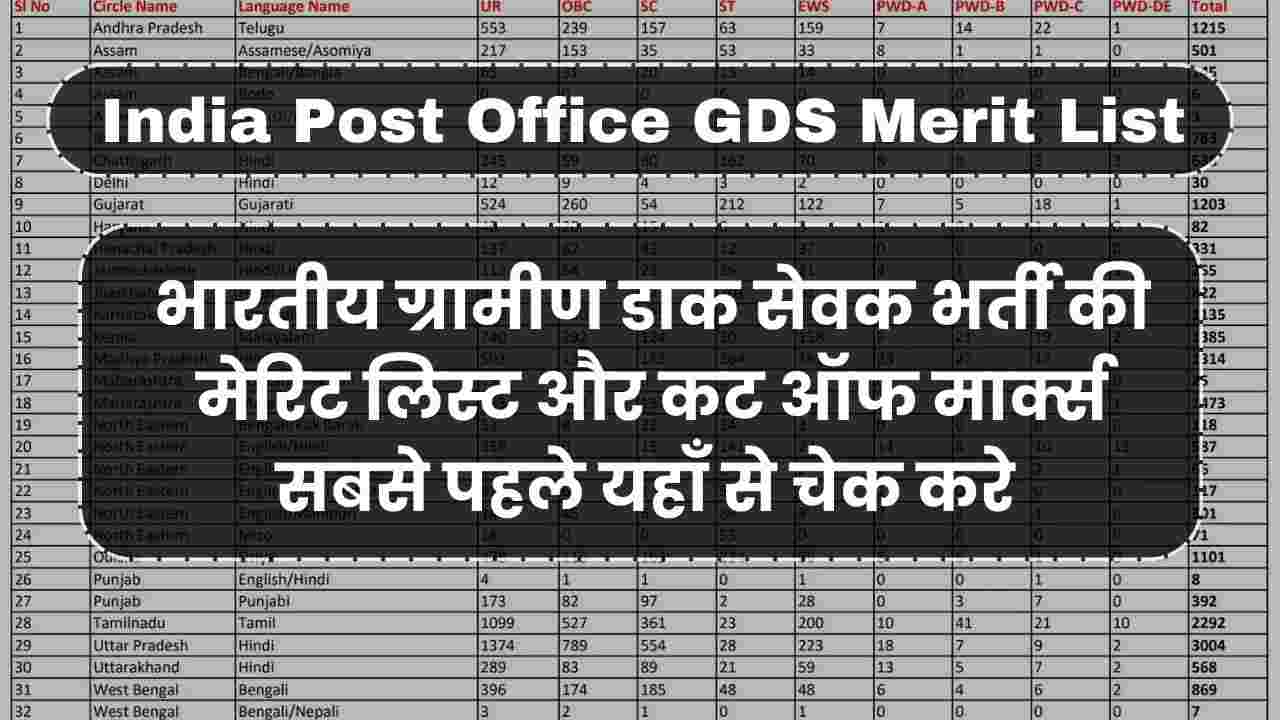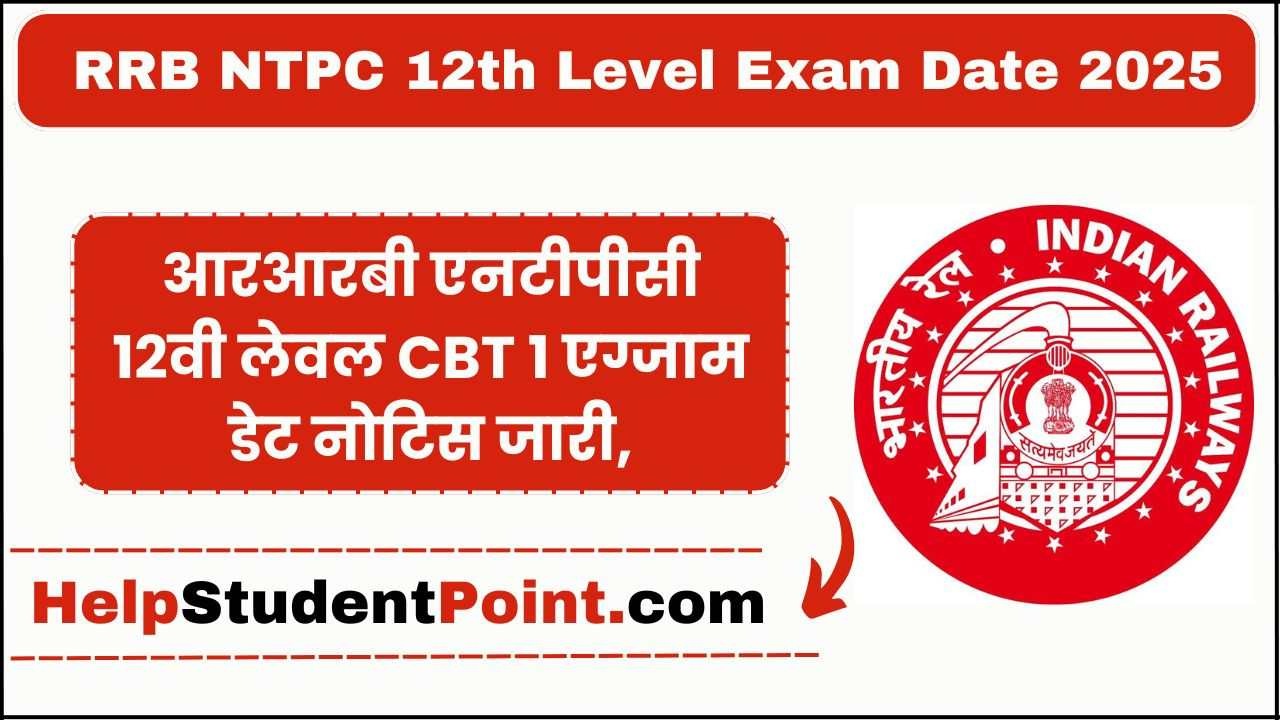UPSC CSE Manipuri Syllabus for Paper-I, UPSC CSE Manipuri Literature Syllabus for Paper-II upsc manipuri question, upsc syllabus, upsc syllabus pdf download in hindi, syllabus for upsc, upsc literature syllabus, upsc syllabus pdf, manipuri optional notes, manipuri books pdf
| UPSC CSE Manipuri Literature Syllabus for Paper-I |
|
Section A
Language :
(a) General characteristics of Manipuri Language and history of its development; its importance
and status among the Tibeto-Burman Languages of North-East India; recent development in
the study of Manipuri Language; evolution and study of old Manipuri script.
(b) Significant features of Manipuri Language :
(i) Phonology : Phoneme-vowels, consonants juncture, tone, consonant cluster and its
occurrence, syllable-its structure, pattern and types.
(ii) Morphology : Word-class, root and its types; affix and its types; grammatical
categories-gender, number, person, case, tense and aspects, process of compounding
(samas and sandhi).
(iii) Syntax : Word order; types of sentences, phrase and clause structures.
Section B
(a) Literary History of Manipuri :
Early period (up to 17th Century)–Social and cultural background; Themes, diction and style of
the works.
Medieval period (18th and 19th Century)-Social, religious and political background; Themes,
diction and style of the works.
Modern period-Growth of major literary forms; change of Themes, diction and style.
(b) Manipuri Folk Literature :
Legend, Folktale, Folksong, Ballad, Proverb and Riddle.
(c) Aspects of Manipuri Culture :
Pre-Hindu Manipuri Faith; Advent of Hinduism and the process of syncreticism;
Performing arts-Lai Haraoba, Maha Ras;
Indegenous games-Sagol Kangjei, Khong Kangjei, Kang. |
| UPSC CSE Manipuri Literature Syllabus for Paper-II |
Note- The paper will require first-hand reading of the texts prescribed and will be designed to test
the critical ability of the candidate.
Section A
(a) Old Manipuri Literature :
1. O. Bhogeswar Singh (Ed.) : Numit Kappa
2. M. Gourachandra Singh (Ed.) : Thawanthaba Hiran
3. N. Khelchandra Singh (Ed.) : Naothingkhong
Phambal Kaba
4. M. Chandra Singh (Ed.) : Panthoibi Khonggul
(b) Medieval Manipuri Literature :
1. M. Chandra Singh (Ed.) : Samsok Ngamba
2. R.K. Snahal Singh (Ed.) : Ramayana Adi Kanda
3. N. Khelchandra Singh (Ed.) : Dhananjoy Laibu Ningba
4. O. Bhogeswar Singh (Ed.) : Chandrakirti Jila Changba
SECTION B
- Poetry and Epic :
(I)Poetry :
(a) Manipuri Sheireng (Pub) Manipuri Sahitya Parishad, 1998 (Ed.)
Kh. Chaoba Singh : Pi Thadoi, Lamgi CheklaAmada, Loktak
Dr. L. Kamal Singh : Nirjanata, Nirab Rajani
A. Minaketan Singh : Kamalda, Nonggumlalkkhoda.
L. Samarendra Singh : Ingagi Nong, Mamang Leikai Thambal Satle
E. Nilakanta Singh : Manipur, Lamangnaba
Shri Biren : Tangkhul Hui
Th. Ibopishak : Anouba Thunglaba Jiba.
(b) Kanchi Sheireng. (Pub) Manipur University 1998 (Ed.)
Dr. L. Kamal Singh : Biswa-Prem
Shri Biren : Chaphadraba Laigi Yen
Th. Ibopishak : Norok Patal Prithivi
(II) Epic :
1. A. Dorendrajit Singh : Kansa Bodha
2. H. Anganghal Singh : Khamba-Thoibi Sheireng(San-Senba, Lei Langba,Shamu Khonggi Bichar)
(III) Drama :
1. S. Lalit Singh : Areppa Marup
2. G.C. Tongbra : Matric Pass
3. A. Samarendra : Judge Saheb ki Imung
- Novel, Short‐story and Prose :
(I)Novel :
1. Dr. L. Kamal Singh : Madhabi
2. H. Anganghal Singh : Jahera
3. H. Guno Singh : Laman
4. Pacha Meetei : Imphal Amasung, MagiIshing, Nungsitki Phibam
(II) Short‐story :
(a) Kanchi Warimacha (Pub) Manipur University 1997(Ed.)
R.K. Shitaljit Singh : Kamala Kamala
M.K. Binodini : Eigi Thahoudraba HeitupLalu
Kh. Prakash : Wanom Shareng
(b) Parishadki Khangatlaba Warimacha (Pub) Manipuri Sahitya Parishad 1994
(Ed.)
S. Nilbir Shastri : Loukhatpa
R.K. Elangba : Karinunggi
(c) Anouba Manipuri Warimacha (Pub) The Cultural Forum Manipur 1992 (Ed.)
N. Kunjamohon Singh : Ijat Tanba
E. Dinamani : Nongthak Khongnang
(III) Prose :
(a) Warenggi Saklon [Due Part] (Pub) The Cultural Forum Manipur 1992 (Ed.)
Kh. Chaoba Singh : Khamba-Thoibigi WariAmasung Mahakavya
(b) Kanchi Wareng (Pub) Manipur University, 1998 (Ed.)
B. Manisana Shastri : Phajaba
Ch. Manihar Singh : Lai-Haraoba
(c) Apunba Wareng (Pub) Manipur University, 1986 (Ed.)
Ch. Pishak Singh : Samaj Amasung Sanskriti
M.K. Binodini : Thoibidu Warouhouida
Eric Newton : Kalagi Mahousa (translated by I.R. Babu)
(d) Manipuri Wareng (Pub) The Cultural Forum Manipur 1999 (Ed.)
S. Krishnamohan Singh : Lan
|
Frequently Asked Questions (FAQs) On UPSC CSE Optional Syllabus
Question- What is the UPSC’s Annual Programme (Calendar) of Examinations/RTs (Recruitment Tests)?
Answer – The UPSC publishes an Annual Programme (Calendar) of all the Structured Examinations/RTs conducted by it at least 6 months in advance (i.e. in June) for the Examinations/RTs to be conducted during the next calendar year. The Programme is uploaded on the UPSC’s website as also published in the leading news papers of the country. The date of issue of Examination Notice for each Examination is also mentioned in this Annual Programme.
Question- What happens if a candidate submits multiple online applications?
Answer – While a candidate should avoid submitting more than one online application, in case of doing so, the data provided in the last application (highest RID Number), that is successfully submitted online, is accepted by the Commission. All previous applications are ignored as these are amalgamated with the last completed & finally submitted application. If an applicant (who has already submitted an application successfully) wants to
make amendments in the application, then he has to submit a fresh application on or before the last date of submission of application of the Examination. Therefore, it must be ensured that fee is submitted against the
last online application only, which should also be complete in all respects including its final submission. Fee paid against one RID shall not be adjusted against any other RID number
Question- What action is taken by the Commission in case of submission of false information by the candidates?
Answer – A candidate found to be furnishing false information to the Commission or suppressing information, adopting various unfair means in the Examination like impersonation, cheating, etc., is liable to be disqualified
and/or debarred from writing UPSC Examinations as decided by the Commission. A detailed stipulation in this regard is incorporated in the Rules of Examination/ Examination Notices.




